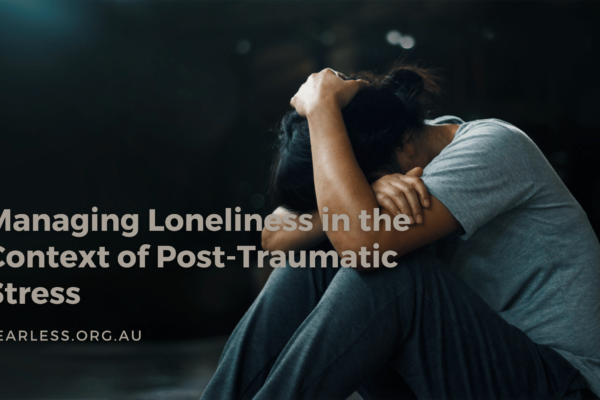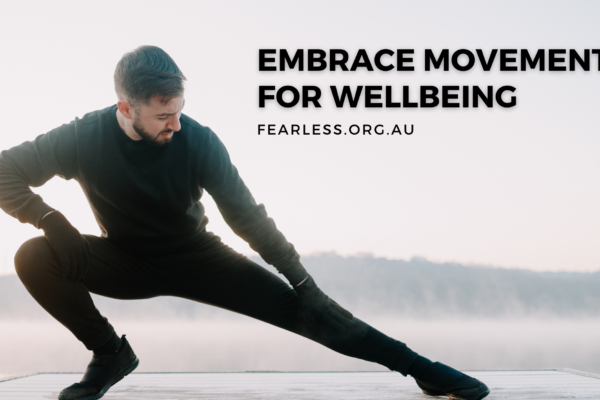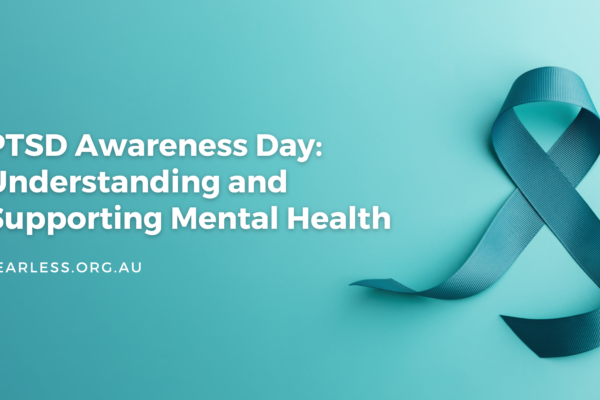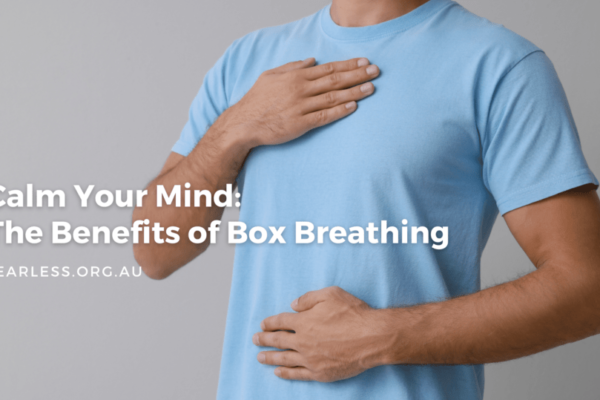What is PTSD?
PTSD is a series of reactions that may result from exposure to a traumatic event. A traumatic event can include any event that involves experiencing or witnessing actual or threatened death or serious injury.
Examples of traumatic events include; a serious accident; physical or sexual assault or abuse; war; a natural disaster, such as a bushfire, flood or cyclone. A person may feel intense fear, helplessness or horror.
Trauma can happen to you, someone close to you, or others around you.
Symptoms of PTSD
PTSD manifests itself in various ways. The symptoms are many, and often inconsistent.
They include extreme highs and lows, depression, impulsivity, violence, isolation, alienation, anger, anxiety. Many sufferers turn to alcohol to deal with their demons: but this simply exacerbates the problem.
According to experts at Phoenix Australia (centre for Post-traumatic Mental Health) PTSD is on of the most troublesome mental health conditions. Each case of PTSD is unique because humans deal with trauma different and their lived experiences are also very different. In treatment, there is no ‘one-case-fits-all’ option.
There are 4 main groups of symptoms, they are:
Re-experiencing – re-living the traumatic event through distressing, unwanted memories, vivid nightmares and/or flashbacks, intrusive thoughts
Avoidance – avoiding activities, places, people, thoughts or feelings that bring back memories of the trauma
Hyper vigilance – constantly alert for danger, sleeping difficulties, irritability, anger, finding it difficult to concentrate, and being easily startled
Feeling emotionally numb – Losing interest in day to day activities, feeling detached from family and friends, thinking negatively
It is not unusual for people with PTSD to experience other mental health problems like depression or anxiety. Some people may develop a habit of using alcohol or drugs to self medicate.
If you have experienced something traumatic and are struggling to cope, talk to your GP or a mental health professional. There are effective treatments available and you can feel better
Effective Treatments
Effective treatments are available, including counselling or talking therapy, and medication or a combination of both. These treatments can help even if your traumatic experience happened a long time ago. It is never too late to get help.
Generally it is best to start with counselling rather than medication as the first and only solution. Recommended Counselling approaches for PTSD include trauma-focused cognitive behavioural therapy (CBT) and eye movement desensitisation and reprocessing (EMDR).
Through these approaches a person can learn;
- To confront and come to terms with painful memories so as not to feel upset by them
- Strategies to help you go back to activities or places you may have avoided since the trauma
- Tools to help them relax and manage feelings of anxiety
Recovery from trauma means becoming less distressed and having more confidence in your ability to cope as time goes on.
PTSD Research
Phoenix Australia
Phoenix Australia’s internationally recognised research program advances knowledge of the impact of trauma on the health and wellbeing of trauma survivors, their families and the community.
You can read more about the great work our colleagues at Phoenix Australia are doing here.
USC’s Thompson Institute
USC’s Thompson Institute addresses society’s most pressing mental health issues. They are the only facility in Australia to integrate world-class research, clinical services and education under one roof, enabling fast translation of the latest research breakthroughs into cutting-edge mental health practice.
Keep an eye on the exciting research the Thompson Institute are doing here.
Latest news
Read the latest news on FearLess and how you can get involved





